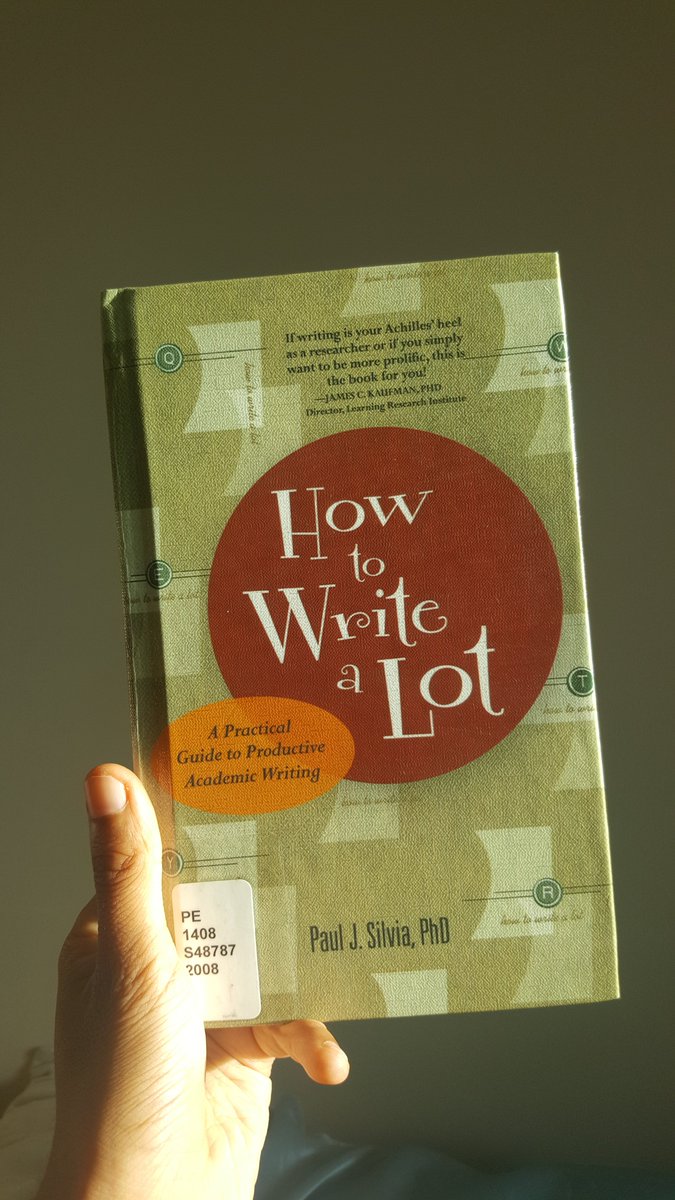-You asked the Research Question(s) rather than some well-designed interview questions that in turn help you answer the RQs. 25
-You sought 'information and facts' as your focus. You'd better obtain them from more valid sources (reports, books, etc.)
26
-The data didn't show a human expressing their attitudes, values, opinions, etc.
-The encounter didn't include the interviewer's input. 27
Abell, J. and Myers, G. (2008) ‘Analyzing research interviews’, in Wodak, R. and Krzyżanowski, M. (eds.). Qualitative Discourse Analysis in the Social Sciences. London: Palgrave Macmillan, pp. 145-161.
Cicourel, A. V. (1982) ‘Interviews, Surveys, and the Problem of Ecological Validity’, American Sociologist, 17, pp. 11-20.
Eggins, S. and Slade, D. (2004) Analysing Casual Conversation. London: Equinox.
Ezzy, D. (2010) ‘Qualitative interviewing as an embodied emotional performance’, Qualitative Inquiry, 16(3), pp. 163-170.
Hermanowicz, J. C. (2002) ‘The great interview: 25 strategies for studying people in bed’, Qualitative Sociology, 25(4), pp. 479-499.
Holstein, J. A. and Gubrium, J. F. (1995) The Active Interview. London: Sage.
Kvale, S. and Brinkmann, S. (2009) InterViews: Learning the Craft of Qualitative Research Interviewing. 2nd edn. London: Sage.
Mishler, E. G. (1991) Research Interviewing: Context and Narrative. Cambridge: Harvard University Press.
Oppenheim, A. N. (1992) Questionnaire Design, Interviewing and Attitude Measurement. London: Printer Publishers.
Roulston, K., deMarris, K. and Lewis, J. B. (2003) ‘Learning to interview in the social sciences’, Qualitative Inquiry, 9(4), pp. 643-668.





